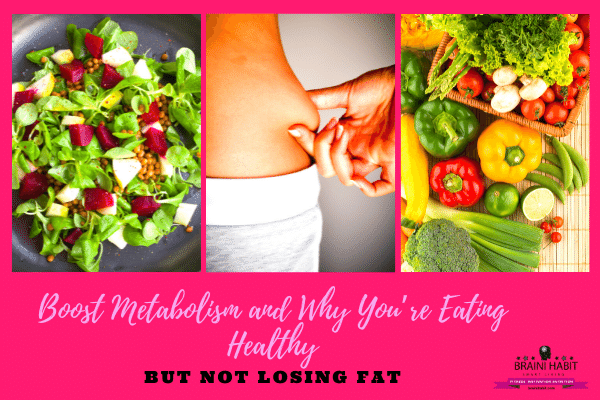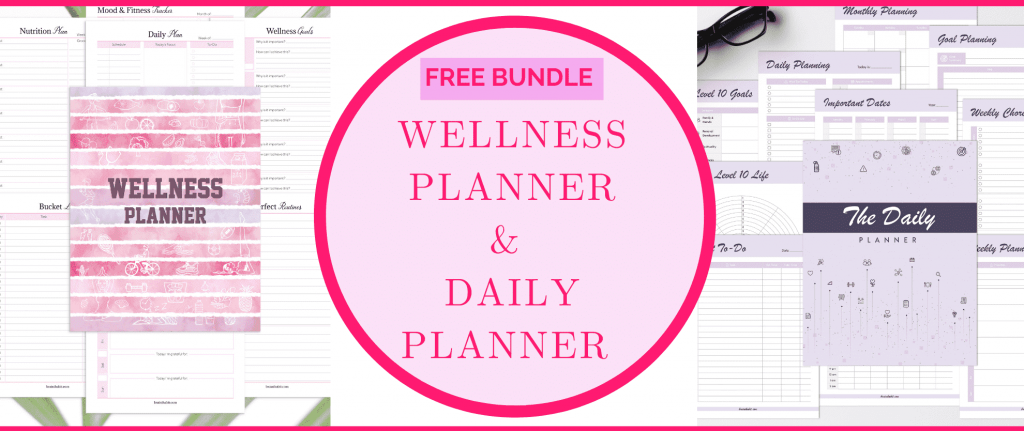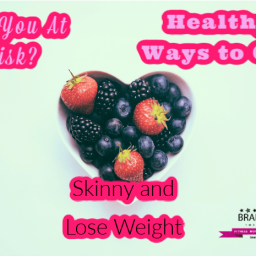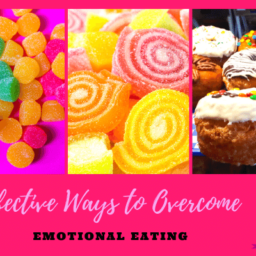Have you tried a different healthy diet but wasn’t able to lose weight? Have you been eating right and exercising but aren’t getting the results of your hard work? If yes, you are not alone.
You see,a lot of women are going through the exact same thing. But the good news is that you can turn things around and start losing weight.
Many women looking to lose weight have the notion that their journey to their weight loss goals is going to be all sunshine and rainbows. Sometimes things don’t always go the way you may want them to.
Factors like- eating patterns, stress level, and so on may sabotage your weight loss efforts and prevent you from losing those extra pounds.
We will be looking at some of these factors and some ways to surmount them.

You are not eating enough protein
If your diet is low in protein, it may take forever for you to achieve your fitness goals.
Several studies have shown that consuming protein-rich foods can boost metabolism and reduce cravings for unhealthy foods (1) (2) (3) (4).
Starting your day with a protein-rich breakfast will reduce your appetite and prevent you from overeating later on (5).
As you likely know, muscles are essential to weight loss. So, the more muscles you have, the more calories you will be able to burn.
According to some studies, consuming protein-rich foods can promote rapid muscle growth (6) (7).
Below are some high protein foods you should consider adding to your diet.
- Chicken
- Lean beef
- Eggs
- Fish
- Shrimp
- Peanuts
- Almonds
- Cottage cheese
- Oats
- Lentils
- Greek yogurt
Slow metabolism
Your metabolic rate determines how quickly your body burns fat.
If you aren’t among the lucky few that are blessed with excellent metabolism, it may take a longer time for you to lose weight.
Don’t be hard on yourself or become depressed if you have a slow metabolic rate, because it may not beyour fault. Here are some possible reasons why your metabolism is slow.
Age
One study shows that our muscle mass decline as we age. The study estimated that we lose about 4% of our muscles each decade (from the ages of 25 to 50) (8).
Food intake
Your metabolic rate is bound to slow down if you aren’t eating enough food.
Gender
Men will usually have a higher metabolic rate than women.
Hormones
If certain hormones aren’t properly produced by your body, your metabolic rate may increase or decrease.
See, all is not lost if you have a slow metabolism, as there are some effective ways to turn things around. Below are some of them.
Ways to boost your metabolism
Increase the intensity of your workout
Instead of doing low-intensity exercises that don’t really challenge you, lift weights or do HIIT.
Studies have shown that intense exercises like HIIT can boost metabolism and promote post-workout fat burn (9) (10) (11).
Drink green tea
A lot of people know that green tea is rich in powerful antioxidants that can improve our health (12). What most people don’t know is that it can also boost metabolism and promote fat burn (13) (14).
Coffee
Just like green tea, drinking coffee can boost metabolism (15) (16) (17).
Medical condition
Certain health conditions drive weight gain and can make it difficult for your body to burn fat.
Research shows that medical conditions like polycystic ovarian syndrome, hypothyroidism, and sleep apnea, make it difficult for one to lose weight.
New studies are showing that some popular health medications can also cause weight gain (18) (19).
Below are a few medications that have been linked to weight gain.
- Anticonvulsant medications.
- Corticosteroid medications.
- Beta-blockers which is used to treat HBP (High blood pressure).
- Some medications used to treat diabetes.
- Antipsychotic medications.
- Some antidepressant medications.
If you have been working out hard at the gym and following a healthy diet but you are still gaining weight, you should consult your doctor to determine if a medical condition is the cause of your weight gain.
Stress level
Do you know that high-stress levels can prevent weight loss and even cause weight gain?
An extensive study conducted a while back shows that stress has a strong correlation to weight gain (20).
Below are some ways stress can sabotage your weight loss efforts.
Cravings
Your cravings for unhealthy foods are likely going to increase when you are stressed or unhappy. If you aren’t disciplined enough, you may give in to your cravings and feast on comfort foods, which are usually high in fat and sugar.
Skipping workouts
You are more likely to skip a workout when you are stressed. The thought of going to the gym when you are tired is literally going to send chills down your spine.
High cortisol level
When you are stressed, your body will increase the production of cortisol, a hormone that can increase your appetite.
How to reduce stress
Green tea
Drinking green tea regularly can reduce your stress level and anxiety (21).
Seek professional help
If you are chronically stressed and can’t seem to bring calm to your life, you should consult a doctor or counselor. These professionals will narrow down your stressors and will also help you find the most effective ways to manage them.
Hang out with loved ones
As can be seen in this study, spending time with friends, relatives, and people you love will make your body produce more oxytocin, a natural stress reliever (22).
Listen to music
This is likely the easiest way to reduce stress. Listening to a slow-paced song may help you relax and help lower your heart rate and blood pressure (23).
You are not eating enough healthy food
Before stepping your foot in a gym or following a healthy diet, it is important you first learn about how weight loss works. Doing this will prevent you from making laughable mistakes that may anchor your progress.
To lose weight, you have to trigger a caloric deficit. This simply means eating below your caloric requirement. For example, if your body requires 2000 calories daily, you should aim to consume between 1500 to 1800 calories.
Consuming anything more (healthy or not) will lead to weight gain.
Below are some tips that can help you keep track of what you are eating.
Keep a food diary
Grab a notebook or use the note app on your phone to write down your thoughts on what you are eating. Also, write down everything you eat each day for a week or two. Try to be as specific as possible. Do well to review the diary at the end of two weeks to see what you have been eating.
Take a close look at your diet
There a lot of fitness websites and apps that can give you a breakdown of the number of nutrients in the various foods that make up your diet. They may also be able to give you an overview of the number of calories you are eating.
Not drinking enough water
Drinking more water can improve your health and help you lose weight faster.
A 12-week study conducted on weight loss shows that people who drink water (17 ounces) before meals may lose 44% more weight than individuals who don’t (24).
Still speaking about weight loss, newer studies are showing that drinking water can boost metabolism and help your body burn 24-30% more calories within 1.5 hours (25)(26).
Drinking water, especially before meals may help reduce your appetite and prevent you from overeating.
Not getting enough sleep
Lack of sleep can reduce your physical and mental performance. Even more, it can make you gain weight.
A study conducted in 2006 found that individuals who slept for 5 hours were more likely to gain weight than those who slept for 7 hours (27).
Researchers speculate that not getting enough sleep may increase your hunger level.
Ways to improve your sleep quality
- Don’t drink stimulants like coffee at night.
- Have a routine and go to bed the same time each day.
- Stop operating your phone 10 to 15 minutes before bed.
- Invest in a good mattress.
Aim to get 6 to 8 hours of quality sleep each night.
Bottom line on why you are eating healthy but not losing fat
If you have been eating right for the last couple of weeks or months, you should pat yourself on the back. The result you seek will definitely come if you do not give up on your goal.
Applying the tips discussed in this article will help speed things up and draw you closer to your fitness goals.
Instead of focusing on the way you look right now or the fact that you haven’t lost much weight, think about the person you are becoming and the habits you are building.
Celebrate every victory, regardless of how small they are, and focus on the things you like about your body.
Doing this, will help boost your self-esteem and improve your self-image.




